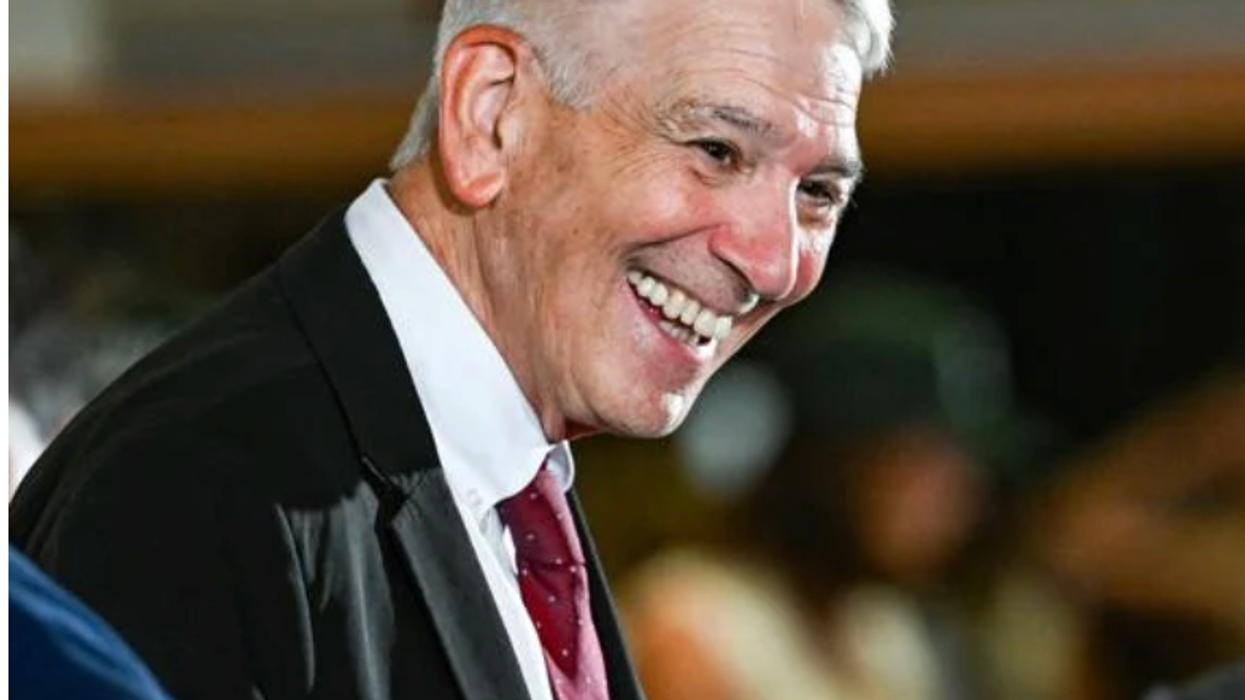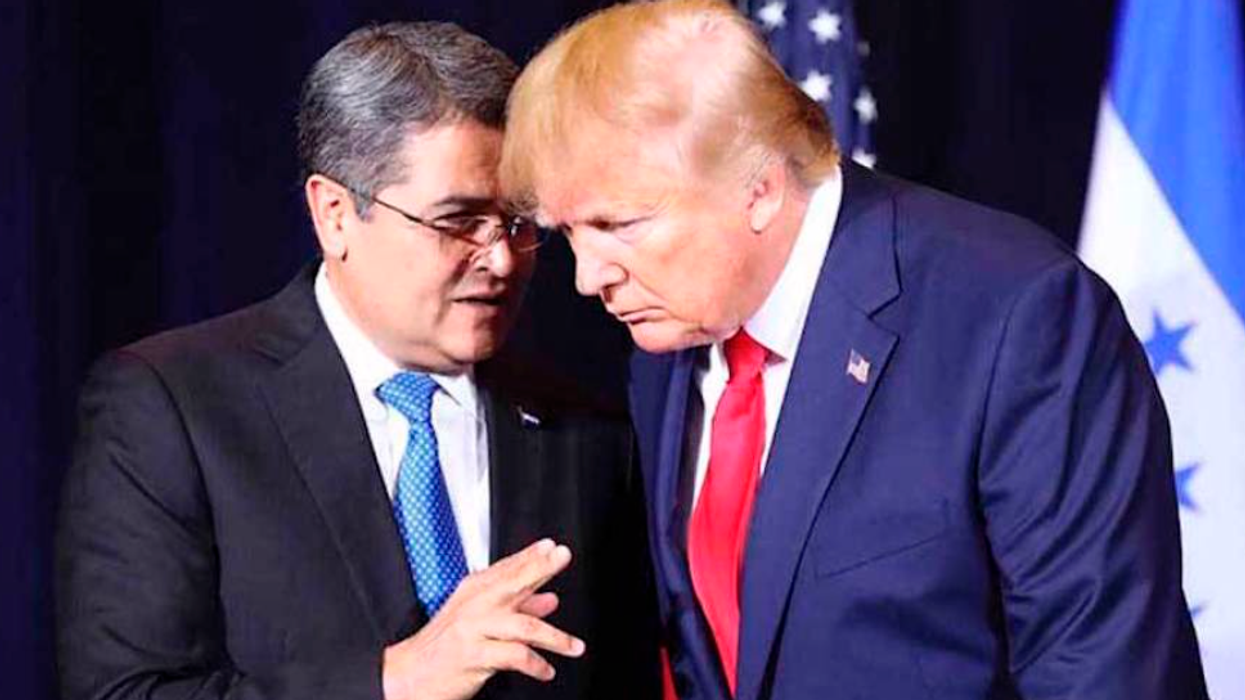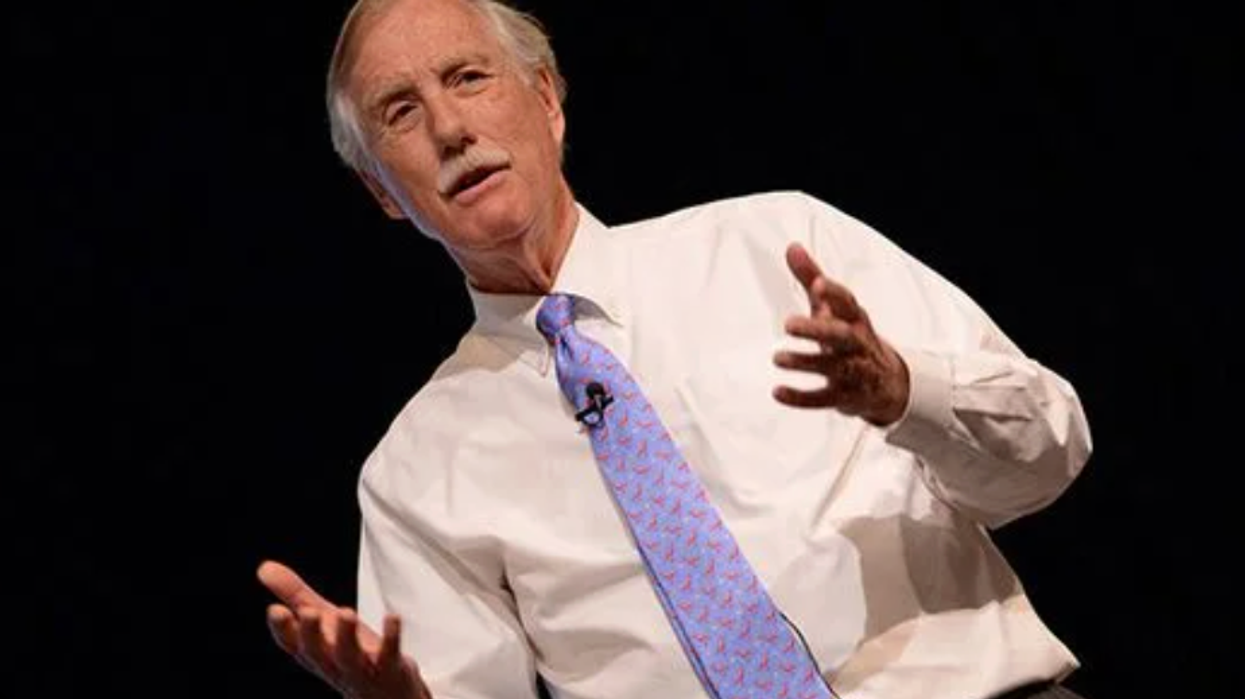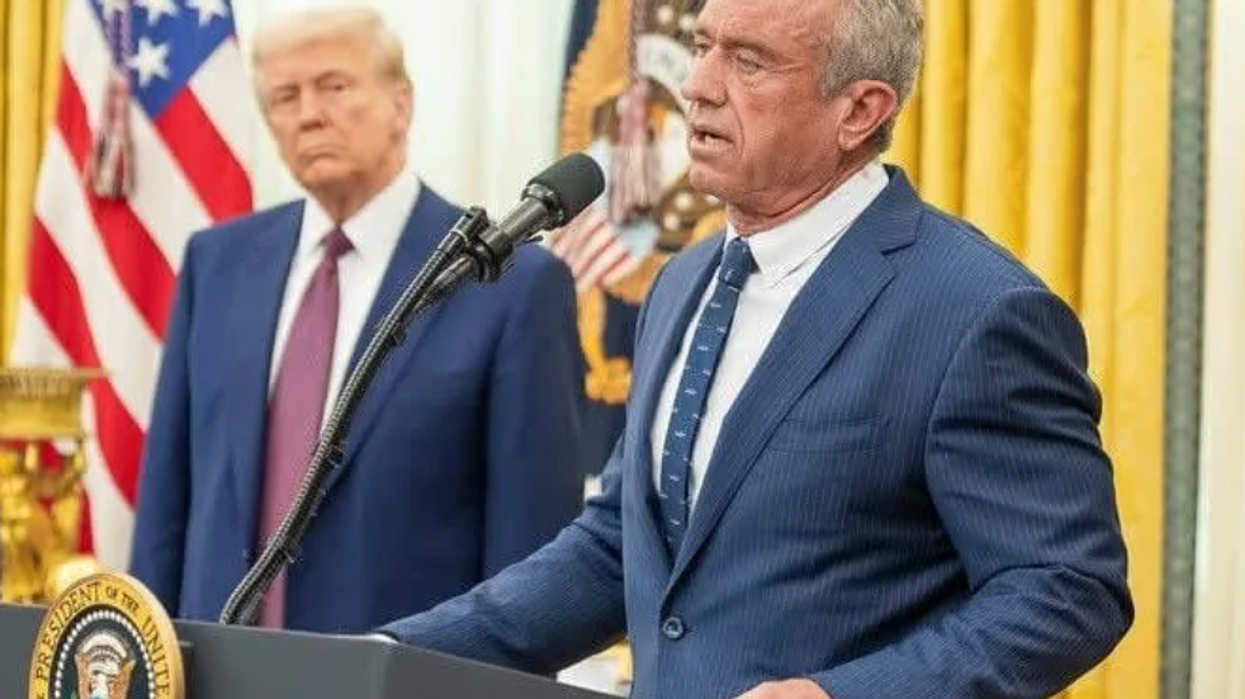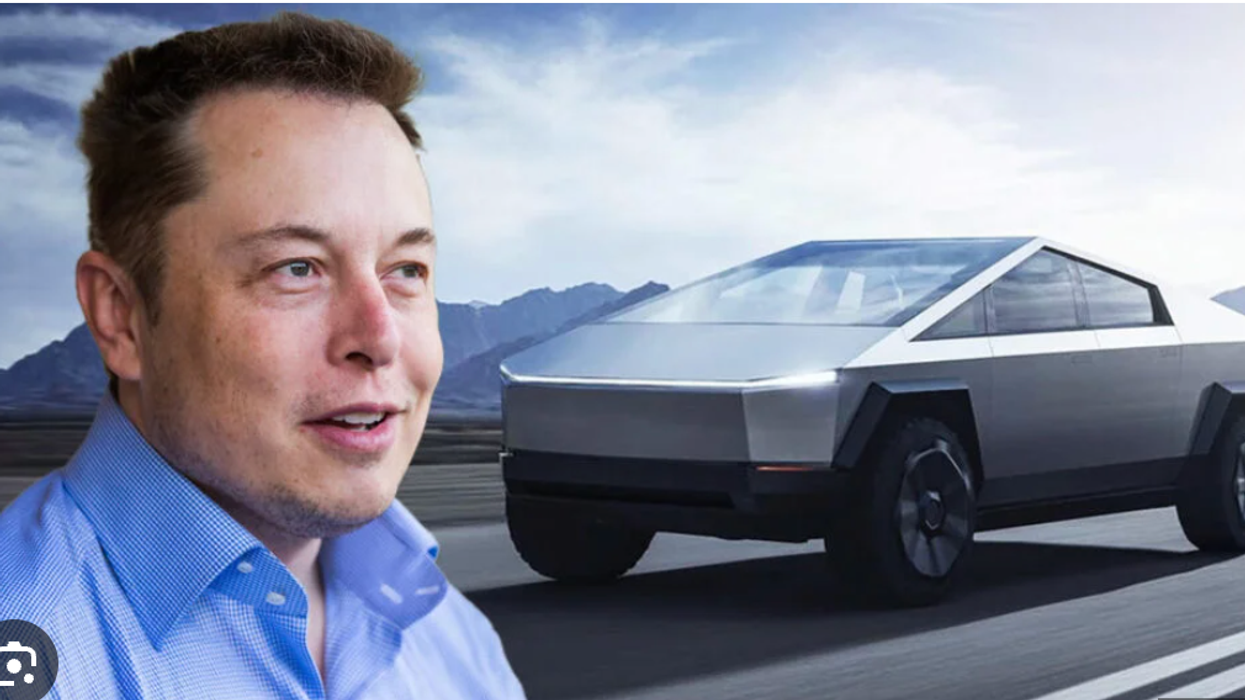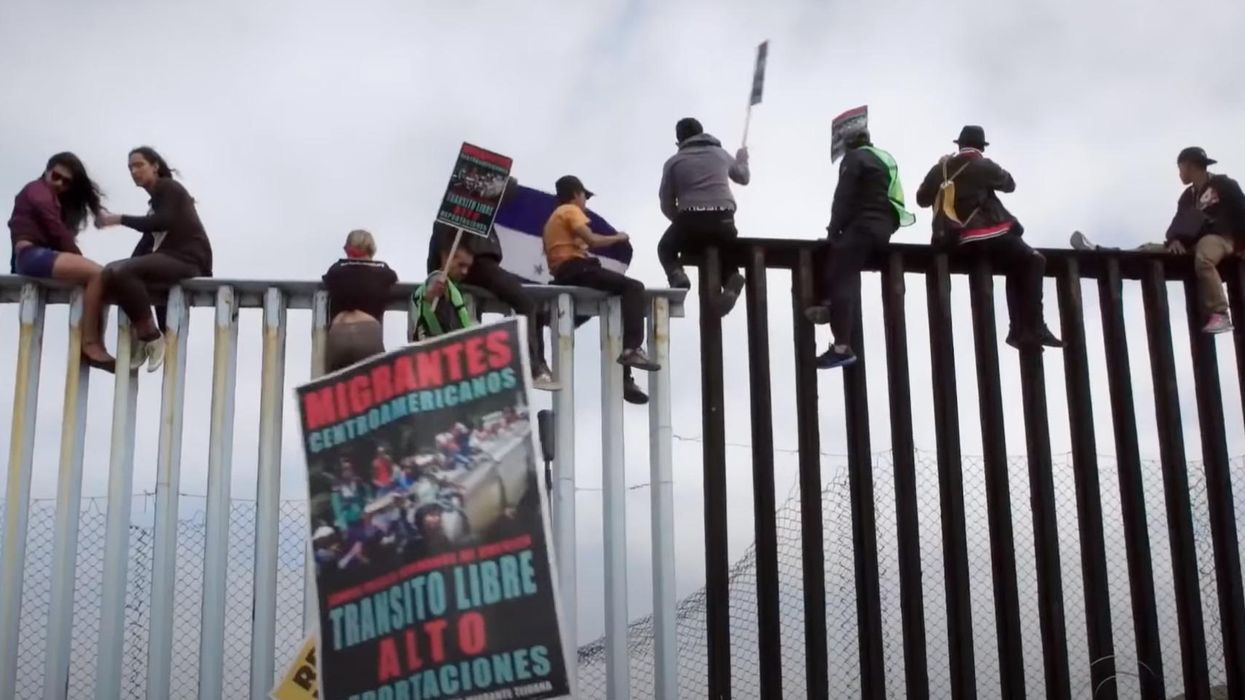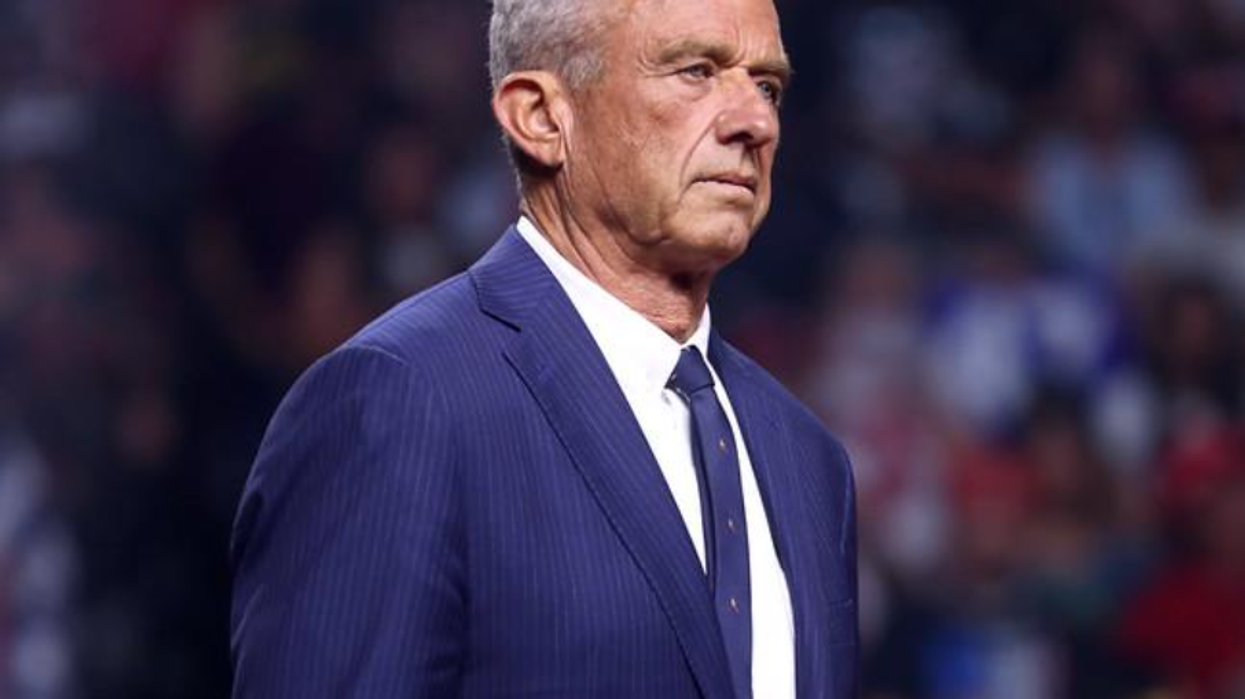At Kennedy's CDC, Measles Fatalities Are Now Just 'A Cost Of Doing Business'
Measles is a "cost of doing business," says a highly placed official at the Centers for Disease Control and Prevention.
I'd like to know what business that is.
To be fair, let me finish the CDC principal deputy director's quote. Ralph Abraham said that measles is a cost of doing business "with our borders being somewhat porous for global and international travel."
Thing is, the U.S. saw over 2,200 measles cases in 2025, the highest number since 1991 — when the border was presumably less porous and after the disease had been virtually eradicated. Its latest surge in South Carolina follows outbreaks along the Utah-Arizona border.
Measles is a nasty disease. It causes body temperature to spike above 103 degrees, coughs, fatigue and its famous rash. It can lead to pneumonia, hearing loss and brain damage.
And it can end in death. In high-income countries with good medical care, 1 to 3 people die for every 1,000 measles cases. Children under the age of 5 are at extra risk.
Measles infections are growing in places where large numbers aren't vaccinated against it. In South Carolina's Spartanburg County, only 90 percent of schoolchildren had received the measles, mumps and rubella shots. That sounds like a high percentage, but experts say you need at least a 95 percent vaccination rate to stop the disease's spread in a community.
Donald Trump's director of Health and Human Services, Robert F. Kennedy Jr., is a vaccine skeptic who feeds distrust of medical authorities. He advises taking Vitamin A (including cod liver oil) as a treatment for measles. He also recommends an antibiotic (clarithromycin) and a steroid (budesonide), claiming they had been "shown very effective." Neither works for measles, according to real scientists. Measles is a virus for which there is no cure.
Unnecessary deaths could be deemed a cost of doing business, one supposes. But for bad cases, so is hospitalization requiring oxygen, X-rays, isolation and long stays. It can be more costly if you put a dollar figure on it.
Kennedy's HHS sounds like a Ministry right out of Orwell's 1984, where controlling truth matters more than addressing problems. This cost-of-business talk is another weaponization of reality: The overhead for addressing measles had been largely limited to cheap vaccinations that are free for most schoolchildren. Preventing the disease from spreading in the first place is cost effective, is it not?
Plagues can be a significant cost of doing business. In the 14th century, the Black Death killed more than 50 million Europeans. It spread mainly through fleas hiding on rodents. Science back then couldn't supply an adequate explanation, and so the best minds of the day blamed the horror on divine retribution and planets out of whack.
Be mindful that Kennedy in 2014 left a bear cub corpse in Central Park. That was against the law because dead animals harbor bacteria and parasites, posing a public-health risk. New York City advises anyone coming across a carcass to report it and not touch it. When it is found near a busy path in a place like Central Park, witnesses are urged to call 911.
Well, Bobby just wanted to get rid of the thing and so dropped the bear under bushes to let the taxpayers deal with it. Nowadays, he's a far bigger threat to public health with his attacks on vaccine safety and nutty theories on cures. He deviously sows distrust by urging Americans to first consult with one's health care provider on whether vaccination "is best for your family."
In sum, outbreaks of diseases that used to be rare are without a doubt an added cost. It's a cost of the business of living in Trump's America.
Froma Harrop is an award winning journalist who covers politics, economics and culture. She has worked on the Reuters business desk, edited economics reports for The New York Times News Service and served on the Providence Journal editorial board.
Reprinted with permission from Creators.

